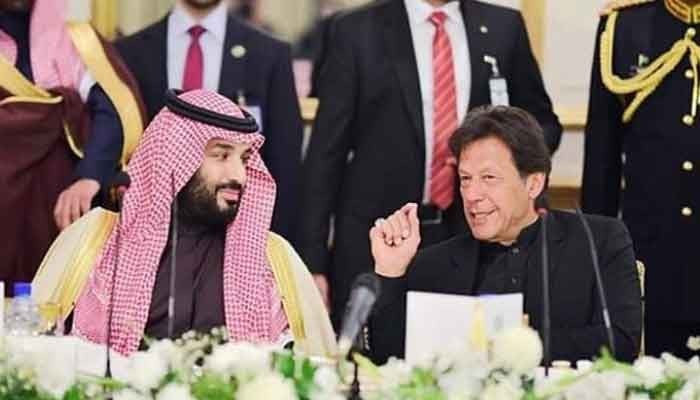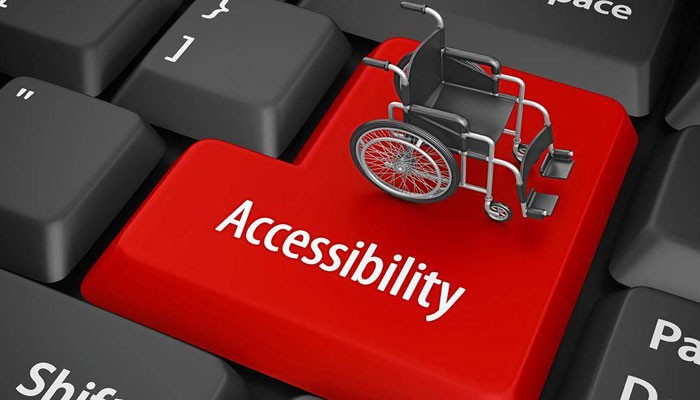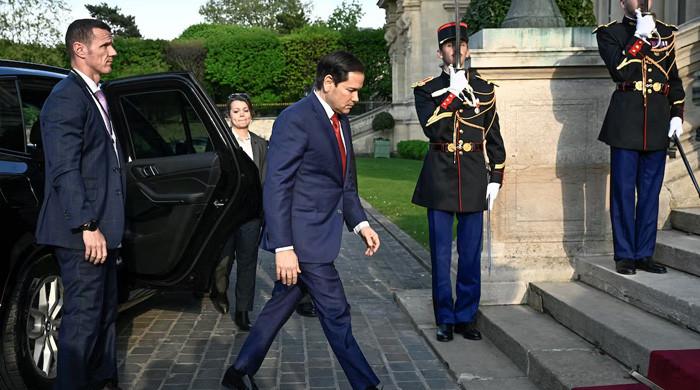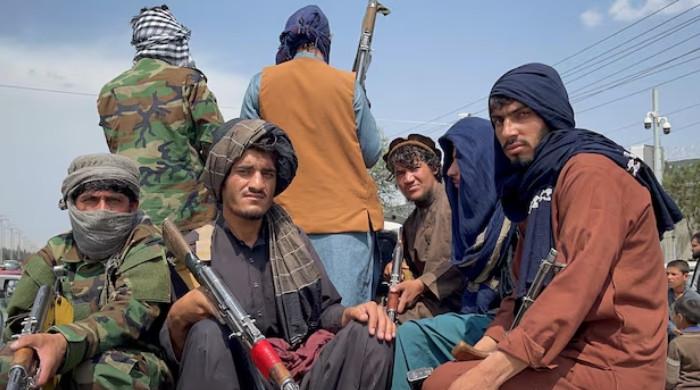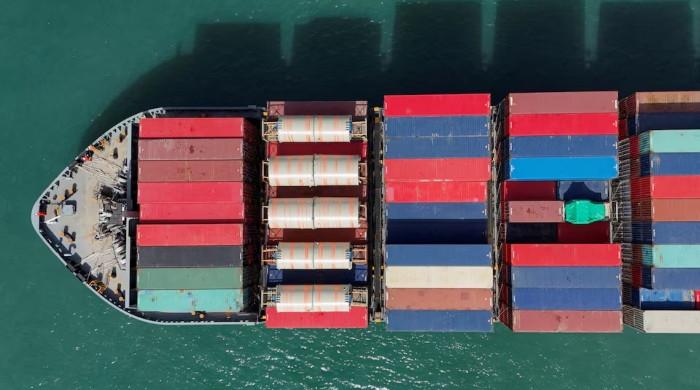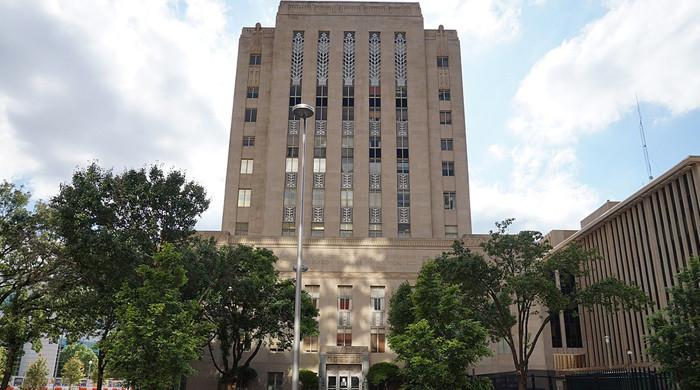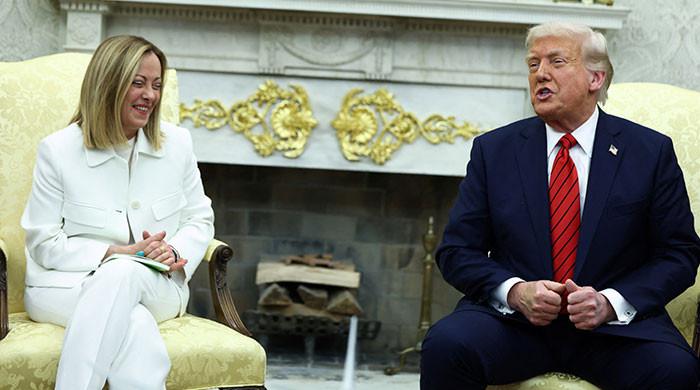India left fuming as Chinese President Xi categorically backs Pakistan on occupied Kashmir
New Delhi lashes out irresponsibly at Beijing ahead of Modi-Xi summit in Chennai
October 10, 2019
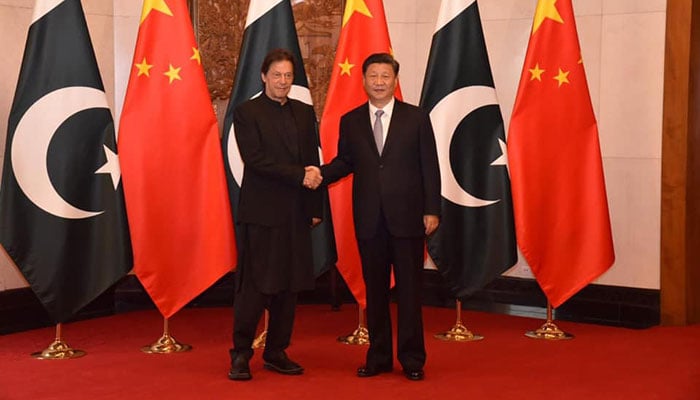
NEW DELHI: New Delhi reacted crossly Wednesday after Chinese President Xi Jinping backed Prime Minister Imran Khan on Indian-occupied Kashmir, just two days before Indian premier Narendra Modi was due to host the Chinese president for an "informal summit".
Xi told PM Imran at talks in Beijing ahead of the Chinese leader's meeting with Modi in Chennai on Friday and Saturday that Beijing was paying close attention and that the facts are clear, the Xinhua state news agency reported.
He also said he was watching the situation in Kashmir and would support Pakistan in issues related to its core interests, according to the Chinese news agency.
Also read: PM Imran departs from China after successful visit
"China supports Pakistan to safeguard its own legitimate rights and hopes that the relevant parties can solve their disputes through peaceful dialogue," Xi said.
A joint statement added that China "opposes any unilateral actions that complicate the situation" while the dispute "should be properly and peacefully resolved based on the UN Charter, relevant UN Security Council resolutions and bilateral agreements."
India's foreign ministry said however: "India's position has been consistent and clear that Jammu & Kashmir is an integral part of India. China is well aware of our position. It is not for other countries to comment on the internal affairs of India."
'Very delicate'
India and China's ties have historically been testy, and recent events surrounding Kashmir -- in particular Beijing's diplomatic support to Islamabad at the United Nations -- have added to strains.
"China sympathises and supports the situation faced by Pakistan on this issue. So, at present, the relationship between China and India has reached a very delicate point," said Cheng Xiaohe at the Department of International Politics at Renmin University.
In addition, part of China's Belt and Road initiative, a vast global infrastructure programme, includes a major project through Azad Jammu and Kashmir.
India's move in August to split occupied Kashmir into two irked China because it will make the Ladakh region of the state a separate Indian administrative territory.
China thundered in August that India had "continued to undermine China's territorial sovereignty by unilaterally changing its domestic law".
Beijing claims parts of Buddhist-dominated Ladakh, perched on a steep Himalayan border with China's Xinjiang to its north and Tibet to the east. India too says part of Ladakh under Chinese control belongs to New Delhi.
Also read: PM Imran to offer Pakistan Steel Mills to China
Last month Indian and Chinese troops engaged in what Indian media called a "scuffle" in Ladakh, in the same location where soldiers from the two nations threw stones at each other in August 2017.
That coincided with a much more serious face-off in the Doklam plateau claimed by both China and Bhutan, when Chinese soldiers started building a road and India sent its forces to halt the process.
Xi and Modi appeared to patch things up when they held a first informal summit in the Chinese city of Wuhan in April 2018.
Also read: CPEC essence of bilateral relations between China and Pakistan, says Chinese envoy
But since then, in addition to events in Kashmir, India recently upgraded its participation in the Quad -- a grouping with the United States, Australia and Japan that Washington hopes will counter China.
India also recently staged military exercises in Arunachal Pradesh state, part of which Beijing claims.
Common adversary
India and China, home to more than a third of humanity, also have differences over trade, with both wanting greater market access, even if they share a common adversary in US President Donald Trump.
Xi, 66, was expected to press Modi, 69, to allow Chinese telecoms giant Huawei to take part in 5G trials, something which Washington has been pressing New Delhi not to permit because of security concerns.
Also read: PM Imran meets Chinese President Xi Jinping
"Frankly, the optics surrounding this visit don´t look very promising at the moment," Harsh Pant, an international relations professor at King´s College London, told AFP. "If at all, the dynamic has become more conflictual."
After India, Xi was due to make a state visit to Nepal on Saturday and Sunday, the first by a Chinese president in more than two decades. India is also worried about losing influence to China there.

